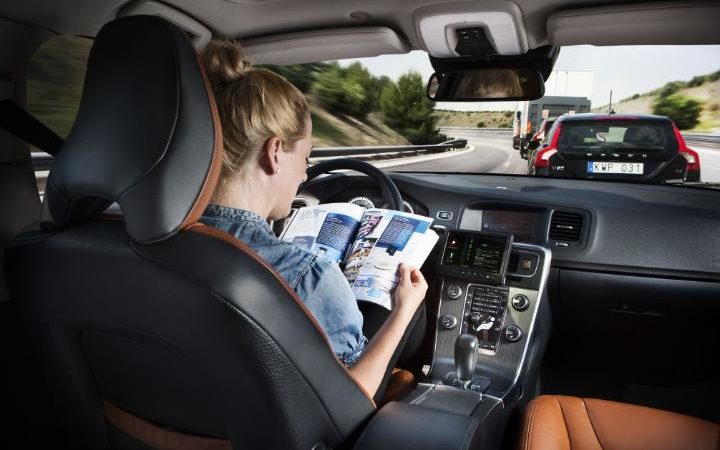It may be that self-driving cars are not as futuristic than we had once believed, with the testing of autonomous cars already happening in the US and approval for trials in the UK. Apart from those who like to have the latest technology, autonomous cars will have substantial benefits for people who cannot drive themselves. With all terrain mobility scooters helping disabled people visit places that were once difficult to travel to, the introduction of autonomous cars will be another step forward in allowing disabled people more independence.

The past couple of decades has seen the positive effects that technology can have on the lives of disabled people. Autonomous cars are set to be the next big technological advance for disabled individuals, with many studies showing that disabled people can feel isolated, at times, due to a lack of effective transport services. This new technology could assist and help to drastically improve any individuals experiencing a level of exclusion. Schemes and policies have gone a fair way to help provide a sense of independence, although the level of independence provided by the arrival of autonomous cars will make a substantial difference to the lives of many elderly and disabled individuals.
However, it is yet to be proven whether people will opt to use these new cars. Only on the acceptance of these autonomous cars being cleared as safe to use will we see them being a viable option. This is obviously an exciting and life-changing prospect for many. However, there will need to be more plans needed before we see the cars on the road.
There are obviously many questions surrounding this new technology, including the need for a ‘driver’ in case of a problem. International laws indicate that a driver must be present at all times to control the vehicle. If a disabled individual, who is not able to drive themselves, would want to use an autonomous car they would still need a passenger who would be able to control the vehicle in case of an emergency. Under this current law, the autonomous car seems somewhat pointless.
Solutions to this issue could be developing a system that is monitored from a central location, and that can over-ride the controls of a car if necessary. This would solve the issue in regards for a driver always needing to be in control of the car, but may pose even more problems in terms of infrastructure, technological capabilities of manufacturers and privacy of users.
It may be a little while off until we see everyone using autonomous cars on the road.
Image credit: DimiTVP available under Creative Commons.

